
外圍賭博入門指南:如何保護自己不被騙【GI全球星際儲值『專屬福利』全年3%回饋金,註冊新會員加送體驗金,不喜歡還可退費!】
---
文章目錄
外圍賭博入門指南:如何保護自己不被騙
GI全球星際儲值『專屬福利』全年3%回饋金,註冊新會員加送體驗金,不喜歡還可退費!
The Thrill of the Game: Exploring the Psychology of Pokerist
外圍賭博入門指南:如何保護自己不被騙
外圍賭博入門指南:如何保護自己不被騙
外圍賭博是一種非法或非正規的賭博形式,它通常在體育賽事中進行。由於其非法性和不受監管的性質,外圍賭博可能存在風險,包括被騙財產和法律問題。下面是一些保護自己不被騙的重要指南>
了解法律規定:在許多地區,外圍賭博是非法的。確保您了解賭博在您所在地的法律狀況,並始終遵守當地法律。
研究和選擇可靠的網站:尋找有良好聲譽和評價的網站進行外圍賭博。確保它們具有合法的許可證和可信賴的支付系統。
避免太好的交易:如果一個交易聽起來太好以至於難以置信,可能存在風險。避免網站提供的過於大幅度的賠率或不合理的優惠。
保護個人信息:確保您只在受保護的網站上提供個人信息,並使用安全的支付方法。謹慎對待要求提供過多個人信息的網站。
解讀賭局規則:在下注之前,仔細閱讀並理解網站上的賭局規則。確保您清楚您的下注選項和規則,以避免意外丟失。
監控賬戶活動:定期檢查您的賬戶活動,確保沒有未經授權的交易或不明來源的款項。
不要破產下注:設定自己的賭博限額,並遵守它們。不要進行不負責任的大額下注,以免危害您的財務狀況。
審查客戶評論和網站評價:在決定使用哪個網站進行外圍賭博之前,查閱其他用戶的評論和評價,以確保該網站可靠並享有良好聲譽。
隨時記得賭博的本質:賭博是一種娛樂形式,而不是一種賺錢的方式。謹記不要在賭博中投入過多金錢,並保持理性。
無論您是新手還是有經驗的賭博者,保護自己不被騙是非常重要的。遵循這些建議可以增加您賭博時的安全性和保護您的利益。
GI全球星際儲值『專屬福利』全年3%回饋金,註冊新會員加送體驗金,不喜歡還可退費!
>
GI全球星際儲值3%回饋金
註冊新會員驗金



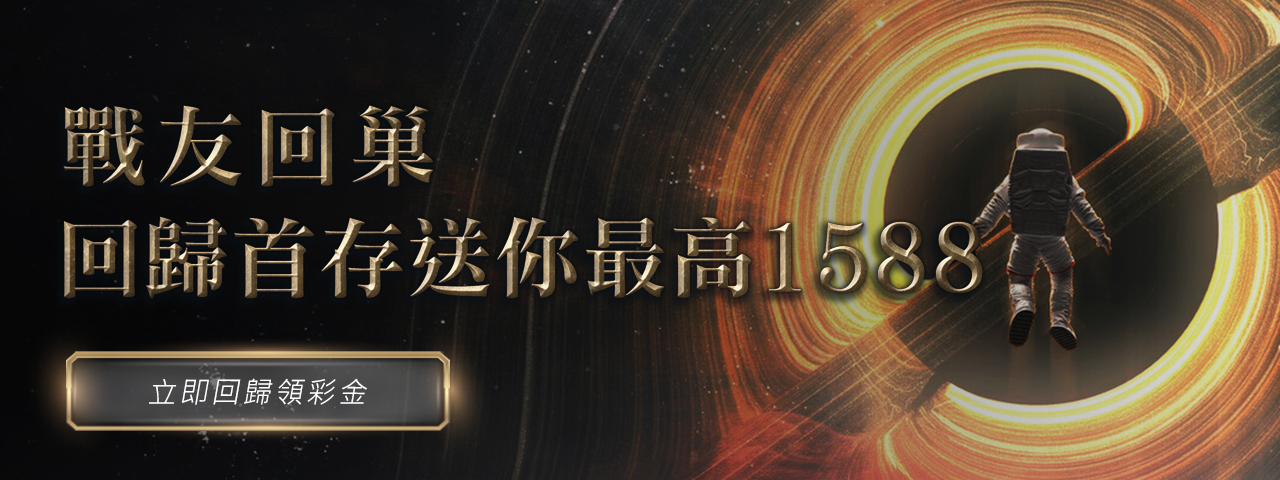









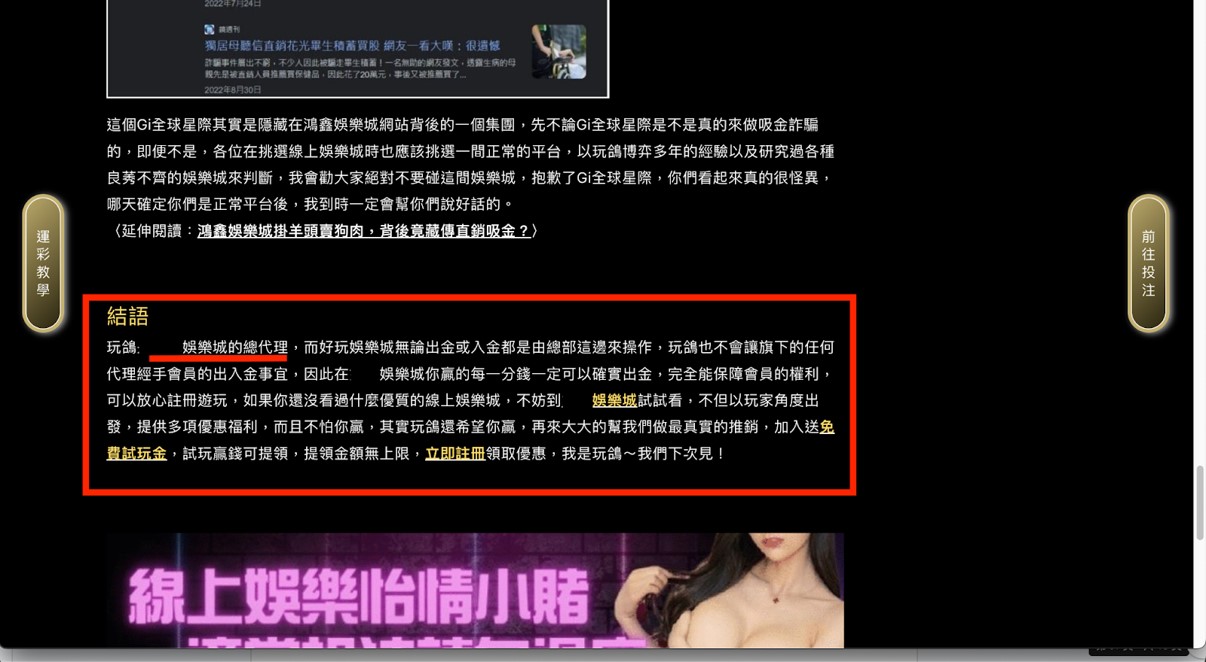









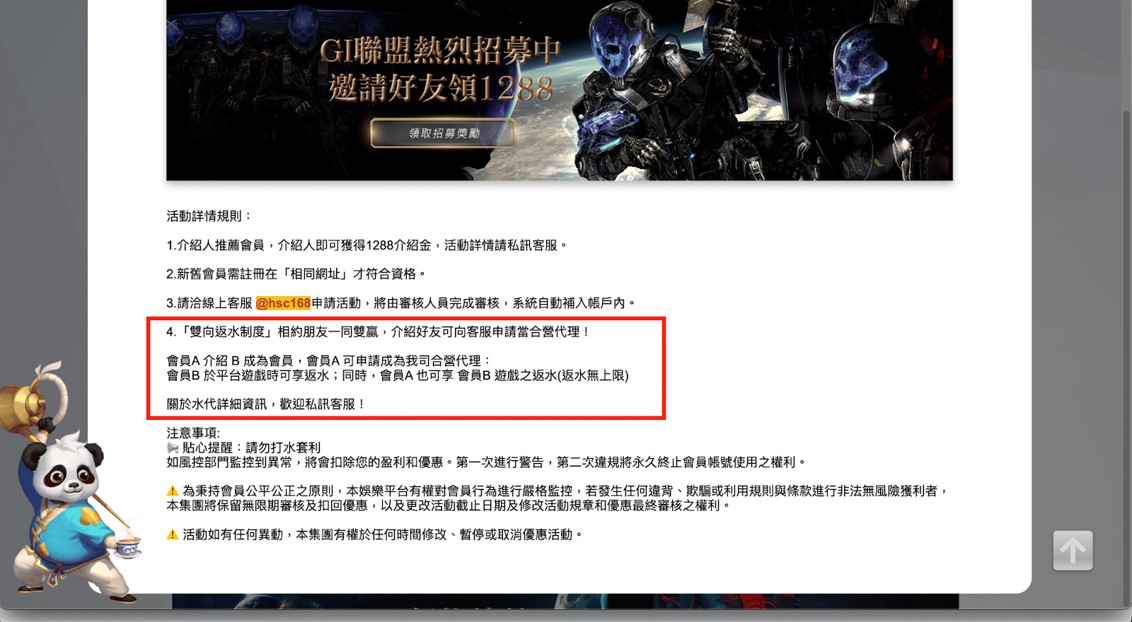





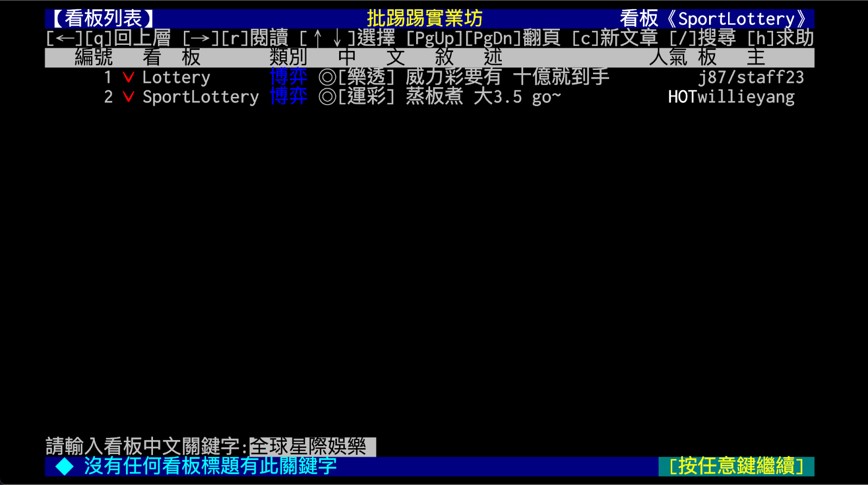




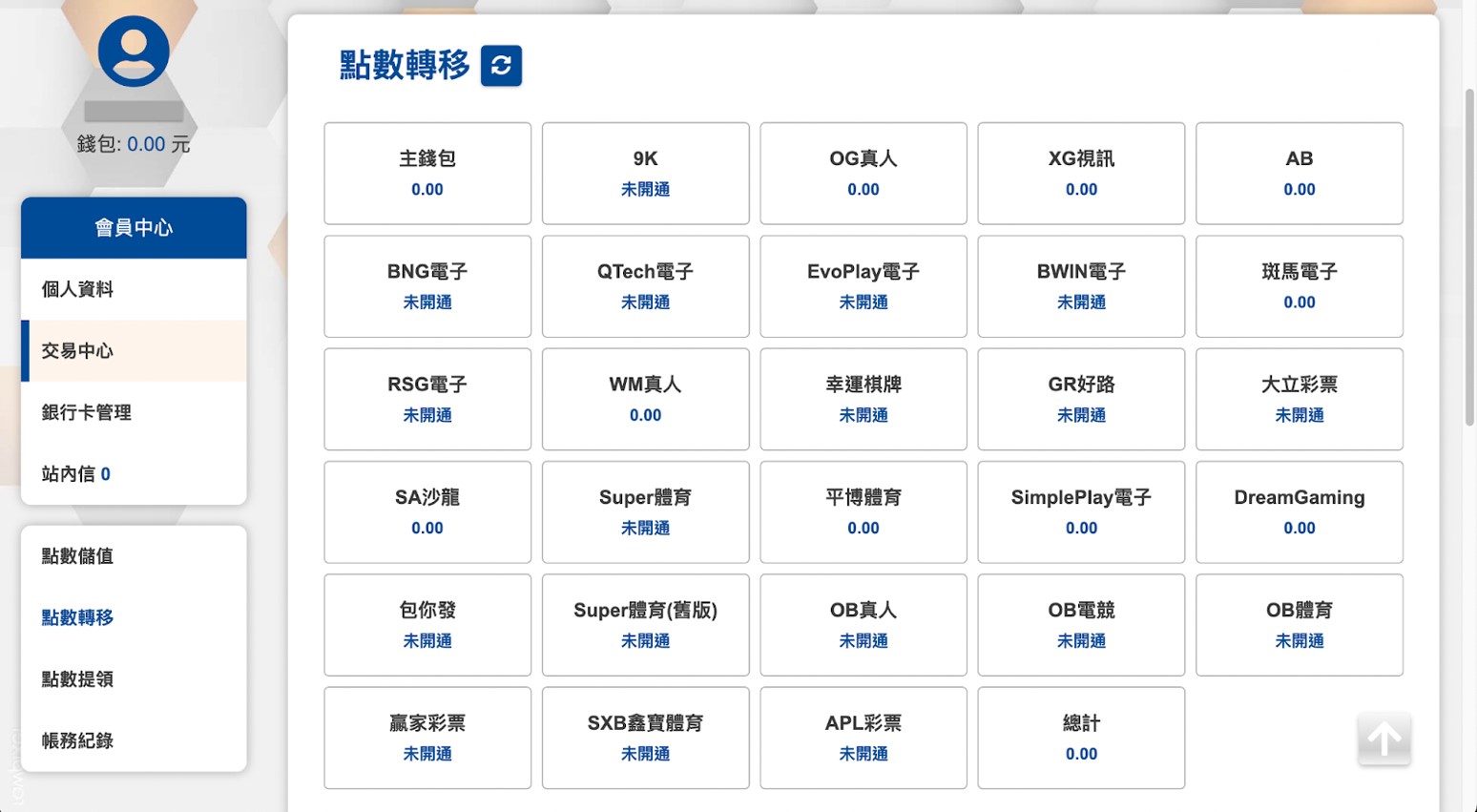

"The Thrill of the Game: Exploring the Psychology of Pokerist"
The Thrill of the Game:
loring the Psychology of Poker
Poker is not just a game of cards; it is a game of skill, strategy, and psychology. The thrill of the game lies in the psychological aspects that come into play during each hand. In this article, we will delve into the psychology of poker and explore how it affects players' deci
-making processes and overall gameplay.
Bluffing: The Art of Deception
Bluffing is a crucial aspect of poker that requires players to deceive their opponents into believing they have a stronger hand than they actually do. It involves a combination of reading opponents' body language, analyzing their betting pat
s, a
understanding their psychology.
For example, imagine you have a weak hand, but you notice that your opponent is showing signs of nervousness, such as fidgeting or avoiding eye contact. This could indicate that they have a weak hand 皇朝娛樂網上賭場 as well. In this situation, you might decide to bluff and make a large be
intimidate your opponent into folding.
2. Th
mportance of Emotional Control
Emotional control is vital in poker as it allows players to make rational decisions rather than being driven by their emotions. It is easy to get frustrated or angry when facing a series of losses or when an opponent makes a lucky draw. However, letting emotions dictate your gameplay can lead to poor decision-making a
ltim
ly result in losing more money.
One way to maintain emotional control is to practice mindfulness techniques. Taking deep breaths, focusing on the present moment, and reminding yourself that variance is a natural part of the game can he
ou stay calm and make better decisions.
3. Readin
ells: Decoding Non-Verbal Cues
Tells are unconscious actions or behaviors that reveal information about a player's hand. They can be subtle gestures, facial expressions, or changes in body language. Being able to read and interpret these tells can give you a
nifi
t advantage at the poker table.
For instance, if an opponent suddenly starts tapping their fingers or shaking their leg, it could indicate nervousness or excitement, suggesting they have a strong hand. On the other hand, if a player avoids eye contact or appears relaxed, it might imply they
a weaker hand and are trying to bluff.
4. The Power of Observation
Observation is a crucial skill in poker. By paying attention to your opponents' actions, you can gather valuable information about their playing st
ten
cies, and potential weaknesses.
For example, if you notice that a particular player consistently raises before the flop, 皇朝娛樂體驗分 it could indicate that they are playing aggressively and have a strong hand. Armed with this knowledge, you can adjust your own strategy accordingly, either by folding weaker hands or by attempting
rap them with a strong hand of your own.
5. The Rol
f Psychology in Decision-Making
Poker is a game of incomplete information, where players must make decisions based on limited knowledge. Understanding the psychology of your opponents can help you make more accurate predictions about their action
d ad
t your own strategy accordingly.
For instance, if you have been playing conservatively and suddenly decide to make a large bet, your opponents may perceive it as a sign of a strong hand and be more likely to fold. On the other hand, if you have been bluffing frequently, your opponents may be more inclined to call your
, th
ing you are bluffing once again.
In conclusion, the psychology of poker plays a significant role in the game. From bluffing and emotional control to reading tells and making informed decisions, understanding the psychological aspects of poker can give players a competitive edge. By honing these skills, players can elevate their gameplay and experience the thrilling highs and l
that make poker such a captivating game.
Here is more info regarding 皇朝娛樂現金網體驗金 review our website.
外圍賭博入門指南:如何保護自己不被騙
GI全球星際儲值『專屬福利』全年3%回饋金,註冊新會員加送體驗金,不喜歡還可退費!
The Thrill of the Game: Exploring the Psychology of Pokerist
外圍賭博入門指南:如何保護自己不被騙
外圍賭博入門指南:如何保護自己不被騙
外圍賭博是一種非法或非正規的賭博形式,它通常在體育賽事中進行。由於其非法性和不受監管的性質,外圍賭博可能存在風險,包括被騙財產和法律問題。下面是一些保護自己不被騙的重要指南>
了解法律規定:在許多地區,外圍賭博是非法的。確保您了解賭博在您所在地的法律狀況,並始終遵守當地法律。
研究和選擇可靠的網站:尋找有良好聲譽和評價的網站進行外圍賭博。確保它們具有合法的許可證和可信賴的支付系統。
避免太好的交易:如果一個交易聽起來太好以至於難以置信,可能存在風險。避免網站提供的過於大幅度的賠率或不合理的優惠。
保護個人信息:確保您只在受保護的網站上提供個人信息,並使用安全的支付方法。謹慎對待要求提供過多個人信息的網站。
解讀賭局規則:在下注之前,仔細閱讀並理解網站上的賭局規則。確保您清楚您的下注選項和規則,以避免意外丟失。
監控賬戶活動:定期檢查您的賬戶活動,確保沒有未經授權的交易或不明來源的款項。
不要破產下注:設定自己的賭博限額,並遵守它們。不要進行不負責任的大額下注,以免危害您的財務狀況。
審查客戶評論和網站評價:在決定使用哪個網站進行外圍賭博之前,查閱其他用戶的評論和評價,以確保該網站可靠並享有良好聲譽。
隨時記得賭博的本質:賭博是一種娛樂形式,而不是一種賺錢的方式。謹記不要在賭博中投入過多金錢,並保持理性。
無論您是新手還是有經驗的賭博者,保護自己不被騙是非常重要的。遵循這些建議可以增加您賭博時的安全性和保護您的利益。
GI全球星際儲值『專屬福利』全年3%回饋金,註冊新會員加送體驗金,不喜歡還可退費!
>
GI全球星際儲值3%回饋金
註冊新會員驗金




































"The Thrill of the Game: Exploring the Psychology of Pokerist"
The Thrill of the Game:
loring the Psychology of Poker
Poker is not just a game of cards; it is a game of skill, strategy, and psychology. The thrill of the game lies in the psychological aspects that come into play during each hand. In this article, we will delve into the psychology of poker and explore how it affects players' deci
-making processes and overall gameplay.
Bluffing: The Art of Deception
Bluffing is a crucial aspect of poker that requires players to deceive their opponents into believing they have a stronger hand than they actually do. It involves a combination of reading opponents' body language, analyzing their betting pat
s, a
understanding their psychology.
For example, imagine you have a weak hand, but you notice that your opponent is showing signs of nervousness, such as fidgeting or avoiding eye contact. This could indicate that they have a weak hand 皇朝娛樂網上賭場 as well. In this situation, you might decide to bluff and make a large be
intimidate your opponent into folding.
2. Th
mportance of Emotional Control
Emotional control is vital in poker as it allows players to make rational decisions rather than being driven by their emotions. It is easy to get frustrated or angry when facing a series of losses or when an opponent makes a lucky draw. However, letting emotions dictate your gameplay can lead to poor decision-making a
ltim
ly result in losing more money.
One way to maintain emotional control is to practice mindfulness techniques. Taking deep breaths, focusing on the present moment, and reminding yourself that variance is a natural part of the game can he
ou stay calm and make better decisions.
3. Readin
ells: Decoding Non-Verbal Cues
Tells are unconscious actions or behaviors that reveal information about a player's hand. They can be subtle gestures, facial expressions, or changes in body language. Being able to read and interpret these tells can give you a
nifi
t advantage at the poker table.
For instance, if an opponent suddenly starts tapping their fingers or shaking their leg, it could indicate nervousness or excitement, suggesting they have a strong hand. On the other hand, if a player avoids eye contact or appears relaxed, it might imply they
a weaker hand and are trying to bluff.
4. The Power of Observation
Observation is a crucial skill in poker. By paying attention to your opponents' actions, you can gather valuable information about their playing st
ten
cies, and potential weaknesses.
For example, if you notice that a particular player consistently raises before the flop, 皇朝娛樂體驗分 it could indicate that they are playing aggressively and have a strong hand. Armed with this knowledge, you can adjust your own strategy accordingly, either by folding weaker hands or by attempting
rap them with a strong hand of your own.
5. The Rol
f Psychology in Decision-Making
Poker is a game of incomplete information, where players must make decisions based on limited knowledge. Understanding the psychology of your opponents can help you make more accurate predictions about their action
d ad
t your own strategy accordingly.
For instance, if you have been playing conservatively and suddenly decide to make a large bet, your opponents may perceive it as a sign of a strong hand and be more likely to fold. On the other hand, if you have been bluffing frequently, your opponents may be more inclined to call your
, th
ing you are bluffing once again.
In conclusion, the psychology of poker plays a significant role in the game. From bluffing and emotional control to reading tells and making informed decisions, understanding the psychological aspects of poker can give players a competitive edge. By honing these skills, players can elevate their gameplay and experience the thrilling highs and l
that make poker such a captivating game.
Here is more info regarding 皇朝娛樂現金網體驗金 review our website.
Комментарии (0)
{related-news}
[/related-news]